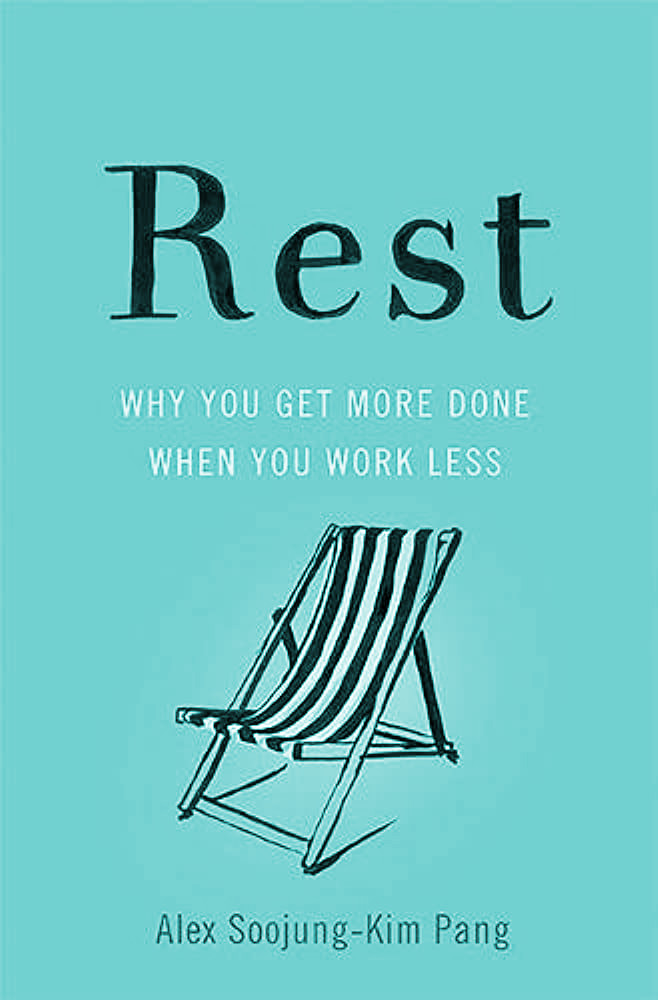Winning is the laurel that crowns a journey of learning, the natural consequence of a spirit of growth and progress. To Win, You Must Forget To Win To win, you have to learn to lose. We learn everything from defeats and almost nothing from victories, which is why winning and losing are two sides of the same coin. If you…
+Category: Productivity
How Do You Make A Decision When You’re Plagued By Doubts?
Not Deciding Is Already Deciding If you’re having trouble making up your mind and can put off making a decision, you’d better wait until you’re clearer in your mind. We often find it hard to decide because we’re overcome by strong emotions that cloud our judgment, a bit like moving mud clouding the river. To make the right decision, you…
+Key ideas of Rest by Alex Soojung-Kim Pang
In today’s fast-paced and productivity-driven world, finding the right balance between work and rest has become increasingly important. “Rest” explores various perspectives on the significance of rest and how it contributes to our creativity, productivity, and overall well-being. From emphasizing the benefits of starting early and engaging in deep work to the power of napping and sabbaticals, as well as…
+19 Productivity Hacks
Drawing on academic research and real-world experience, we will delve into the nuances of productivity and offer concrete steps to achieve your goals. So, whether you’re a student, professional, or just looking to improve your own workflow, join us on this journey of discovery and mastery of productivity. Preparation and execution: two important phases of productivity Part of the productivity…
+What Magical Thoughts Are Holding You Back?
A magical thought is defined as an irrational idea that causes us to act in a certain way. Irrational would mean without a proven scientific or logical basis. In this sense, some of the ideas conveyed by religions can be considered magical. In some cases, these ideas are harmless or even beneficial, in other cases, they are harmful to you…
+What You Don’t Do Is As Important As What You Do
Productivity is often equated with an accumulation of tasks to be completed. This often endless list can seem insurmountable and above all unsatisfying, even though it is complete. Productivity lies as much in the non-doing as in the doing. It is a matter of being discerning and clear. The choice not to do certain things is as important as the…
+To Be Productive You Have To Know How To Be Unproductive
Become Like A Spring A spring draws its strength from the fact that it is not always tense or relaxed. It is the alternation of these two states that guarantees its optimal performance. The same is true of human productivity, starting with your brain. Your brain works in two worlds: focus and diffuse. When you work intensely on a subject,…
+Getting Closer To Perfection Is Not Now But In 5 Years
We tend to overestimate the results we can achieve in the short term while underestimating the results we can achieve in the long term. Perfection is not an end in itself, it’s just a target towards which to strive to make ourselves better. The Cumulative Effect Of Our Actions If you do something every day for a long time, it…
+Setting The Right Goals
Setting goals helps us to perform better. However, how do we know if we are setting the right goals? In reading an article recently I learned that the best students are not those who set the goal of getting a good grade, but rather those who focus on specific skills despite the grades they get. This is interesting because it…
+How To Approach Productivity In The 21St Century?
The race for productivity against machines seems to be lost. Our linear learning capacity will never be able to compete with the exponential progress of technology. So how do we find our place in this fast-paced world? Go Where No One Goes When the situation becomes risky, you can play it safe or you can go off the beaten path.…
+









